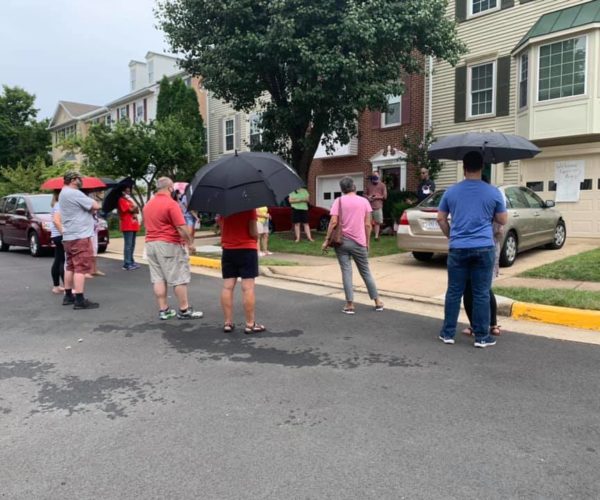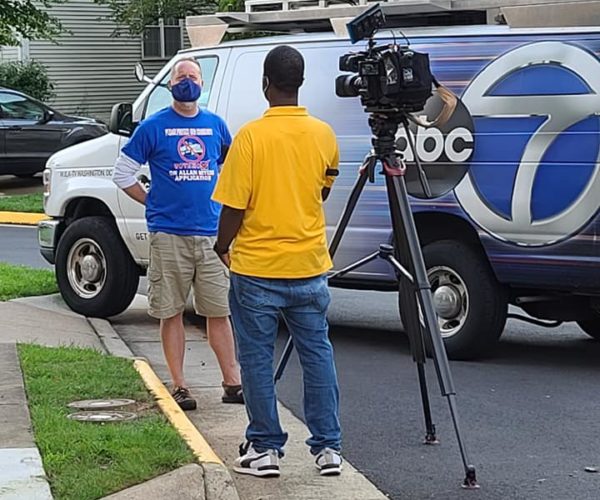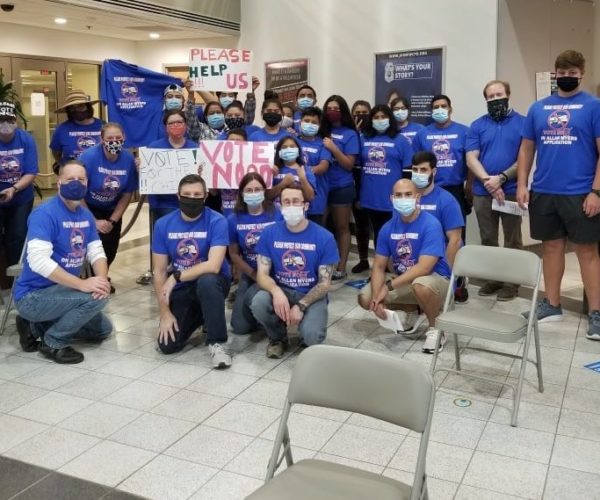When a small group of community residents in Prince William County learned a road paving and construction company wanted to build an asphalt plant less than a quarter of a mile from their neighborhood — and the community’s elementary school — they knew they needed help.
Working with Gentry Locke Consulting, residents in and around the Bethlehem Road area of Prince William County successfully organized to stop the project, convincing the County Board to deny the necessary special use permits.
The Problem
In a busy and growing area of western Prince William County, burgeoning neighborhoods are being built around long-developed industries. The county is grappling with competing interests and limited land availability as one of the nation’s fastest growing suburbs, just 35 minutes outside of Washington D.C.
Here, people in diverse and often multilingual communities are trying to live, work, and raise a family, while local leaders try to generate tax revenue to support the needs for more schools, more roads, and added government services.
In the vicinity of Route 234 and Bethlehem Road, there are two asphalt plants and a rocky quarry within a five mile radius. These long-existing businesses provide jobs and support the growth of the greater Northern Virginia region.
But when a third road construction company applied with the county for a Special Use Permit to build an asphalt plant on a vacant lot near a growing neighborhood and an elementary school, local residents were concerned.
They feared the large volume of truck traffic, potential pollution, and the impact a new asphalt plant would have on their property values.

The Solution
Gentry Locke Consulting worked with local HOA leaders on behalf of the neighborhood to organize a grassroots and strategic communications campaign in opposition to the proposed asphalt plant.
Gentry Locke Consulting utilized its purpose-driven approach to develop a strategy that consisted of local media outreach, direct advocacy with local leaders, letters-to-the-editor, and social media organizing to support the goals of the neighborhoods around Bethlehem Road.
Working with local leaders, we organized and supported media interviews, developed messaging for community residents to use at public meetings, provided advice and consultation on grassroots protests, and assisted in the management of direct advocacy efforts with local leaders.
The Outcome
After the Board deferred action on the project for several months, the company’s application for a special use permit was finally taken up. At an hours long meeting, the Board heard from dozens of residents who opposed the project wearing bright blue T-shirts.
Late into the evening, close to midnight, the Board voted against a Special Use Permit for the asphalt plant. The community was jubilant.













